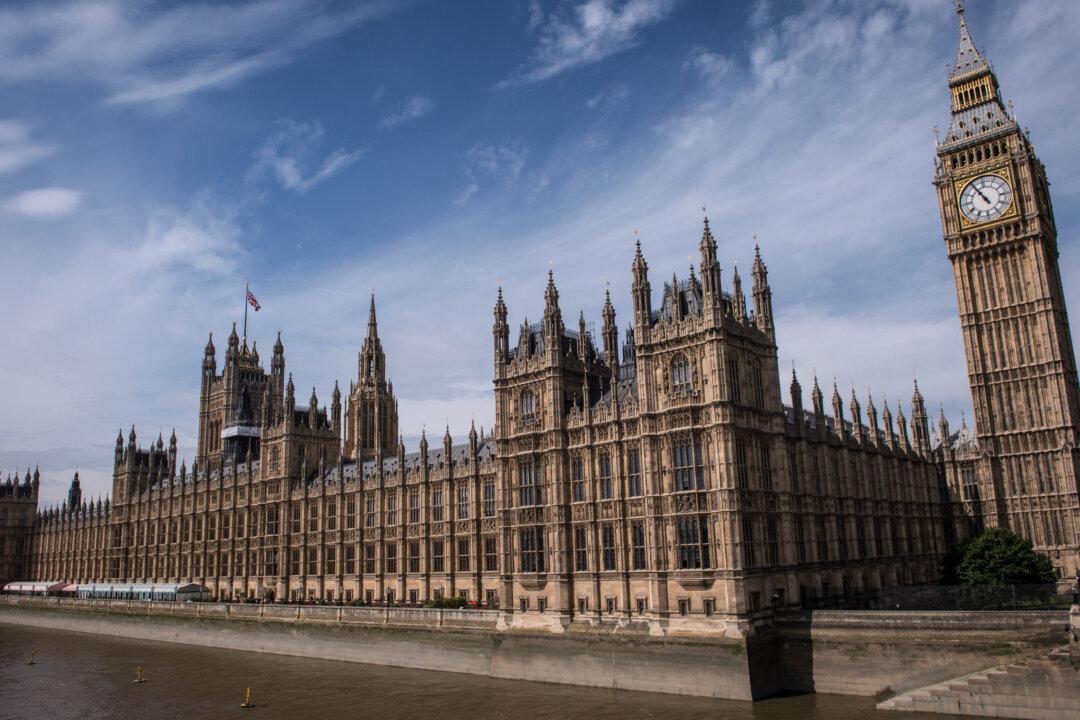Legislation that would give the English high court power to make preliminary determinations on genocide passed its second reading in the House of Lords on Oct. 28.
The private members’ bill, introduced by crossbench peer Lord David Alton of Liverpool, sailed through the stage unopposed, despite the lack of government support.





